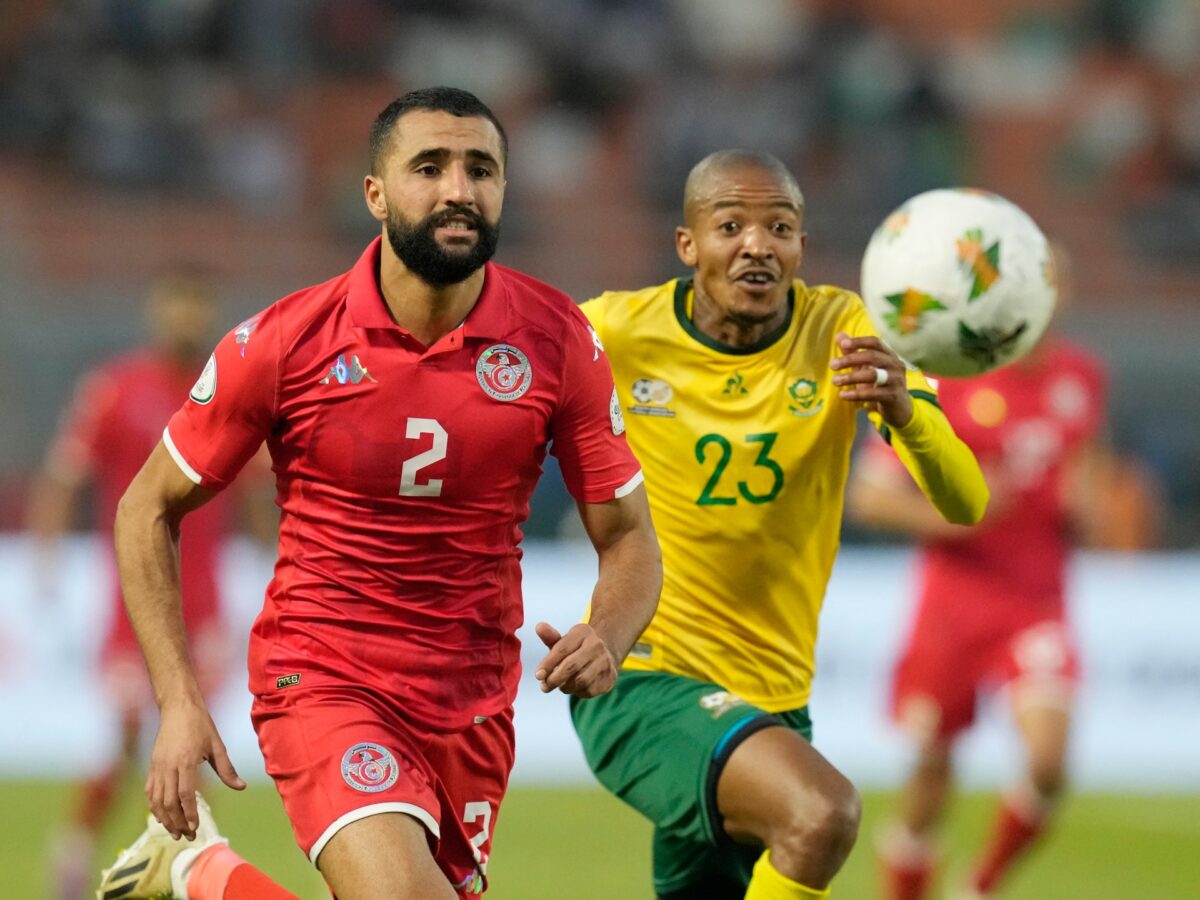The ongoing Africa Cup of Nations (AFCON) has seen a surprising turn of events as the tournament progresses to the quarterfinal stage. None of the top five teams in the FIFA ranking of December 2023 will feature in the quarterfinals. Reigning champions Senegal, pretournament favourites Morocco, 2004 champions Tunisia, two-time champions Algeria, and seven-time AFCON winners Egypt have all been eliminated, as well as other prominent teams like Cameroon and Ghana. This opens up the opportunity for some of the underdog teams to shine, with four of the last eight teams having never won the competition before.
The tournament has been defined by frequent upsets, including Equatorial Guinea’s 4-0 victory over Ivory Coast and Cape Verde’s 2-1 win against Ghana. The expansion of the tournament from 16 to 24 teams has also contributed to the increased number of goals and unexpected results. The tournament has already seen more goals than the past two editions.
The success of historically modest nations in this year’s tournament has been attributed to the expansion of the competition, which has allowed smaller nations to compete with more successful teams on the continent. Additionally, targeted investment in local sporting infrastructure and support from the FIFA Forward Programme has contributed to the rise of these smaller nations. For example, Mauritania used funds from the FIFA Forward Programme to revamp football infrastructure, resulting in their qualification for three consecutive AFCON tournaments.
The unprecedented results in this year’s AFCON have highlighted the changes and improvements happening within African football. With the next World Cup in 2026, the continent is set to have a minimum of nine slots for the first time, providing an opportunity for African countries to showcase their growth and potential on the global stage. The increased competition and growth on and off the pitch suggest an awakening in African football, with the potential for more surprises in the future.
News Summery :
– The top five teams in the FIFA rankings of December 2023 will not be featured in the quarterfinal stage of AFCON.
– There have been many upsets in the tournament, with traditionally weaker teams progressing to the quarterfinals.
– The expansion of the AFCON to a 24-team tournament is seen as a reason for the improved fortunes of historically modest nations.
– Investment in local sporting infrastructure and facilities, funded by the FIFA Forward Programme, has contributed to the success of smaller nations in the tournament.
– Countries like Mauritania and Cape Verde have seen success in AFCON due to their ability to use funds from FIFA Forward to develop facilities and improve the local game.
– There has been an unprecedented number of goals scored in AFCON 2023, surpassing tallies from past editions.
– African teams made significant strides at the 2022 World Cup and are expected to perform well in the 2026 World Cup.
#AFCON 2023
#African Football
#Ivory Coast
#FIFA Ranking
#African footballers
#Morocco
#Senegal
